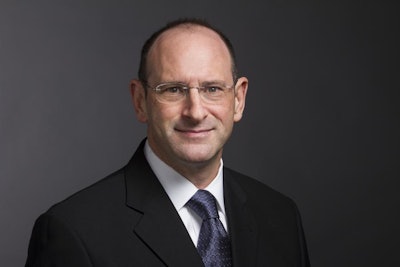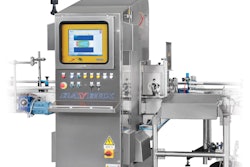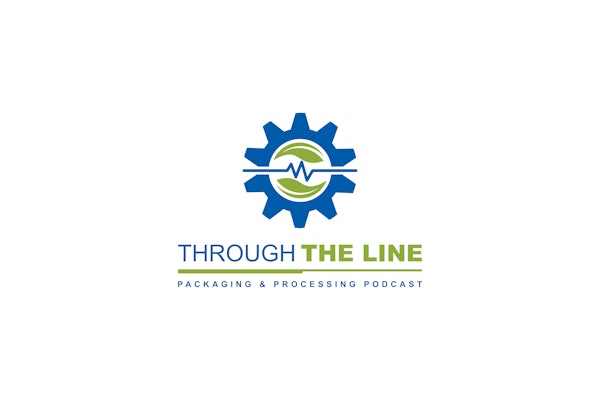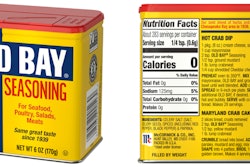
The article enthused that CBD is growing in popularity, it’s claimed to provide numerous health benefits, the sky’s the limit for its market growth, and these companies were determined to get on board that sales rocket ship.
Near the very end of the article, the author noted one glitch in the potential success of the planned products is that all of them are illegal.
My palm impulsively slapped my forehead. All I could do was sigh, because there were people around and I couldn’t sob out loud. Call me a stickler if you must, but whether a product is illegal or not ought to be an early consideration, not an afterthought. Just sayin’.
With CBD, it appears that every week there’s an article about the proliferation of CBD-containing supplements or topical products, even as FDA continues to repeat that many such products are illegal under federal law. For a fuller briefing, see FDA’s June 19 “What you Need to Know” letter on its website. Maybe those companies described in the article are planning ahead for when the products they have in mind are lawful. Maybe.
I think instead what’s happening with CBD is that the market, and public preferences, are way out ahead of the public policy. To FDA’s credit, it is acting somewhat quickly to determine how best to address that mismatch via policy, regulations, or changes in the law. Still, in June, it wrote that “What you Need to Know” letter about cannabis-containing and CBD-containing products that re-emphasized that, contrary to popular belief, the recent Farm Bill didn’t make many products newly lawful, and lots of CBD products for humans and even for animals have unproven medical claims. And yet, they’re essentially available everywhere.
The CBD scene might just be an extreme example of a common syndrome that afflicts those who help companies comply with regulatory requirements: Insufficient emphasis on legal compliance as part of product development. This particular lawyer sees his role as helping clients understand and steer their way lawfully through the laws and regulations that apply to their products, so I’m a big believer in making those considerations an early part of the picture.
It often seems that the best laid plans of regulatory attorneys can go astray once the marketers get hold of the product. Examples: Food contact substances for packaging that have FDA clearance for contact with only some foods or only for uses under some conditions, but the sales force touts them for uses that are out-of-those bounds. Or companies whose drugs get FDA-approved for one indication (intended use) aren’t permitted to have their sales force tout them for unapproved uses, with some very specific exceptions. Or foods such as dietary supplements can make certain types of label claims for various health benefits, provided they are true, but can’t make other types, but sometimes marketers make label or advertising claims that don’t stay within the proper legal and regulatory parameters.
The truth is that entrepreneurs and sales and marketing professionals do NOT wake up in the morning wondering first of all about the regulatory compliance of their plans, and they instead start and end their days by thinking about what will sell.
Is that a bad thing? Here’s my perhaps surprising response: No, as long as they check on the legality before going to market. Because entrepreneurial energy and marketing creativity are sources of progress, inspiration, countless improvements in our lives, and many other benefits.
That’s why it’s the habit at our firm to tell people developing new products to come to us with their ideas early, yes, but after they are fully developed—for consumer products such as foods: ingredients, product name, label claims, marketing claims; for packaging structures: materials, intended use conditions—rather than start our relationship by us detailing what can and can’t be lawfully done. We can provide some early guidance via outlines of basic concepts, but it’s better to let the creative juices flow first. We can then review and advise as to the proper boundaries.
Another part of what’s happening here is that the relatively small number of FDA enforcement actions against violators sometimes encourages unscrupulous practitioners to skirt the line of lawfulness, if not to obliterate it altogether, all in the name of sales. Prudent companies don’t do that because they know that in addition to being legally obligated to meet FDA requirements, they also have to satisfy business customer or consumer demands, avoid bad publicity, and avoid civil lawsuits for money damages over false advertising or labeling. And also, just to wax old-fashioned for a moment, because compliance is the right thing to do.
There are many examples of companies taking a ready/fire/aim approach, leaving legal considerations to the end of the development process, only to learn late in the game that, for example, their packaging material lacks FDA clearance for the planned use, or their food product can’t claim on its label to cure arthritis. I will make the following exception to this column’s rule that it isn’t intended to provide legal advice: Start with marketing inspiration, of course, but don’t leave legal and regulatory considerations until the end of your product development process. That’s the best way to find the proper balance between the magic of marketing and the boundaries set by laws and regulations. It’ll help make your company more successful, and, most important of all, it’ll make your lawyer happy.
Eric Greenberg can be reached at [email protected]. Or visit his firm’s Web site at www.ericfgreenbergpc.com.
Hear Eric Greenberg’s podcast of this month’s column at pwgo.to/5164
INFORMATIONAL ONLY, NOT LEGAL ADVICE.

























